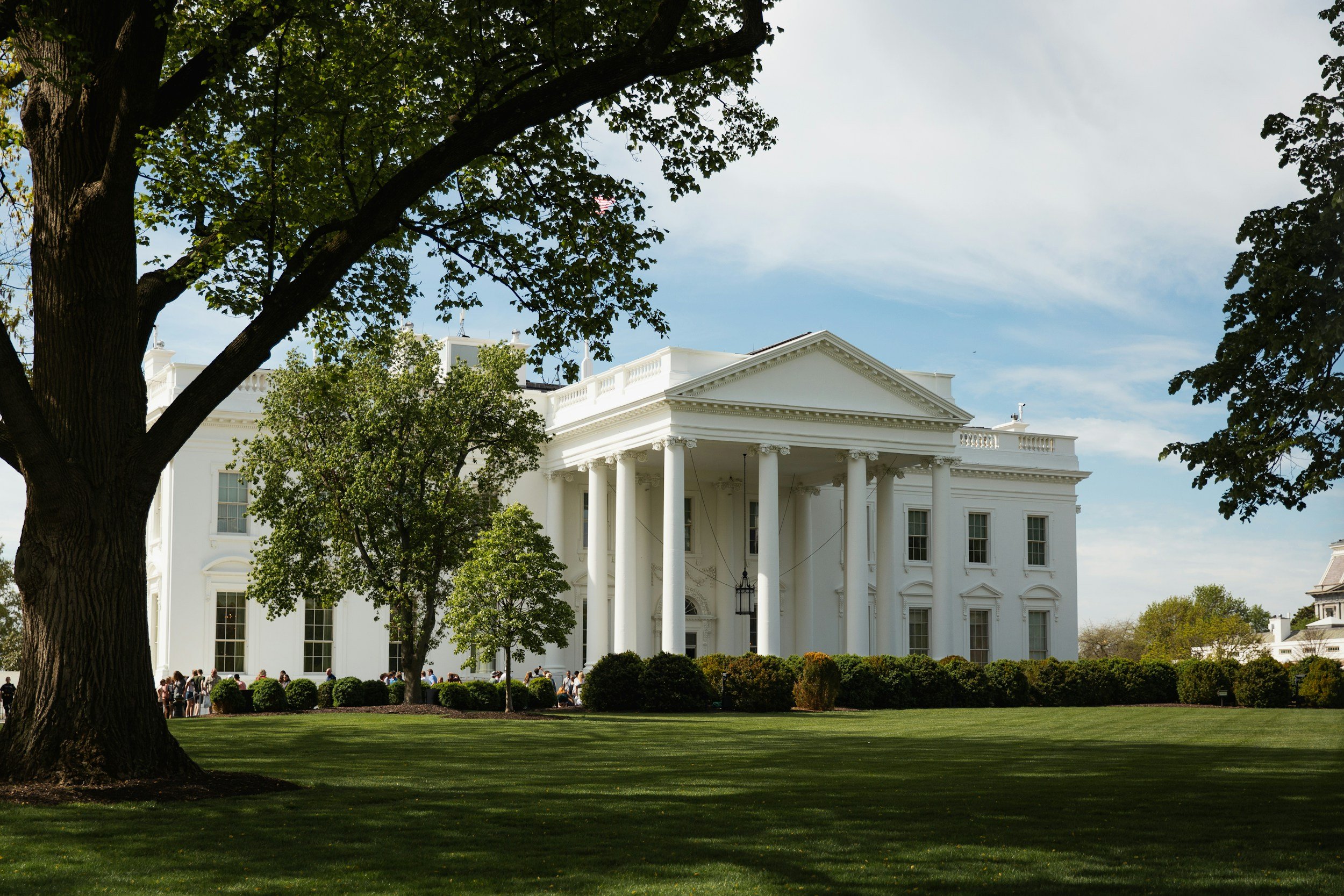Here’s What a Trump Presidency May Mean for Crypto
We spoke to industry executives to get their predictions of what the next four years will bring

The 2024 election has underscored cryptocurrency’s growing influence in American politics. It was a race about the economy, immigration, abortion issues, and gender rights. And while crypto didn’t enter the policy discussion, the hundreds of millions of dollars raised by pro-crypto advocacy groups had a profound influence of some races.
Politics aside, electing a crypto advocate to the presidency is a historic event, particularly in contrast to the past four years of the Biden administration. It was a win for crypto, and a strong wakeup call to the Democratic Party that digital assets need to be bipartisan.
Decential spoke to a number of leading voices to capture the sentiment and understand what a Trump win means for crypto in the market, in the halls of Capitol Hill and in mainstream culture.
Todd Ruoff, CEO of Autonomys
Todd Ruoff is an AI-blockchain executive who spent two decades on Wall Street. He said the crypto market was an early indicator of a Trump win.
“You could see the market beginning to price in a Trump victory, with Bitcoin in particular. As the states were reporting in, you saw the price go up. The price of Bitcoin, in addition to Polymarket, was the most indicative thing that you could point to show what was really happening in the election,” Ruoff said.
He said we can expect to see a softening toward crypto with a crypto-posturing president, but also now that the Republicans are taking control of Congress.
“Fairshake spent $135 million on this election. Forty million of that alone was spent in Ohio in order to get Sherrod Brown out in lieu of Bernie Moreno. He’s a crypto entrepreneur who has now taken that seat away. From a presidential election standpoint, the Stand With Crypto certainly had an impact, but it had a broader impact in getting the Senate seats.”
Ruoff said stablecoin regulation is on the horizon, perhaps with the repeal of SAB 121, and that banks are starting to issue their own stablecoins.
However, he has concerns about Trump’s plans, such as his statement about printing $8 trillion in new money. “You can’t print all that money without inflation. The Fed is going to, once again, have to tighten monetary policy, which leads to higher interest rates – which is typically not great for Bitcoin,” he added.
He predicts a strong push in the crypto industry to make it more bipartisan, given its current affiliation with the Republican side.
Patrick Gerhart, President of Banking Operations at Telcoin
Patrick Gerhart is a banking president who spent over a decade as a political and policy consultant. He said crypto is a universal product and it needs everybody on board.
Gerhart believes we’re going to see much-needed guidance on how to deal with crypto from a regulatory standpoint in the U.S.
“There was a lot of energy and anticipation for crypto leading up to the 2020 election. Unfortunately, Covid took a lot of that away, and then we had issues with bad actors in the preceding years. We’ve moved on from that and, in my view, proven that crypto is not only here to stay but it’s a safe and viable alternative to day-to-day monetary products out there,” Gerhart said.
“We haven’t seen anything like this before,” he said. “This has quickly turned over the last five years, from a niche area into something that’s driving public opinion and private sectors.”
Ashley Ebersole, General Counsel of 0x
Rui Zhang, Associate General Counsel of 0x
Ashley Ebersole spent four years at the Securities and Exchange Commission as senior counsel, where he investigated and prosecuted violations of the Securities Act, the Exchange Act and the Foreign Corrupt Practices Act. He’s currently the general counsel at 0x and serves as the vice chair of the FinTech Regulation and Enforcement Committee at the D.C. Bar.
“The combination of a crypto-friendly Republican White House and Senate (and possibly the House too) will produce a clear crypto regulatory regime in the coming years,” Ebersole said.
As for Bitcoin’s all-time high price reached after the election, Ebersole said “it’s primarily a reaction to the stark atmospheric change that a Trump administration will bring to crypto policy. It also doesn’t hurt that notions of a strategic Bitcoin reserve have been floated.”
0x’s Associate General Counsel, Rui Zhang, warned of a growing divide in the crypto community.
“Crypto culture is generally associated with values like freedom, autonomy and privacy. However, nowadays people may have very different interpretations of what those values mean precisely and how those values should be protected,” she said.
Alan Orwick, Co-Founder of Quai Network and CEO of Dominant Strategies
Alan Orwick believes the industry is likely to move towards being overseen by the Commodity Futures Trading Commission instead of the SEC – fostering an environment where crypto entrepreneurs can innovate with less fear of punitive regulatory actions.
“Trump’s involvement with World Liberty Financial and his ventures into NFTs do showcase a significant alignment with the crypto movement. This engagement marks a historic moment where the highest office in the land directly interacts with and supports the blockchain and cryptocurrency sectors,” Orwick said.
As the sector matures, its impact on policy, culture, and economic discourse will only become more pronounced, potentially setting a new standard for how technology and innovation intersect with governance, he said.
